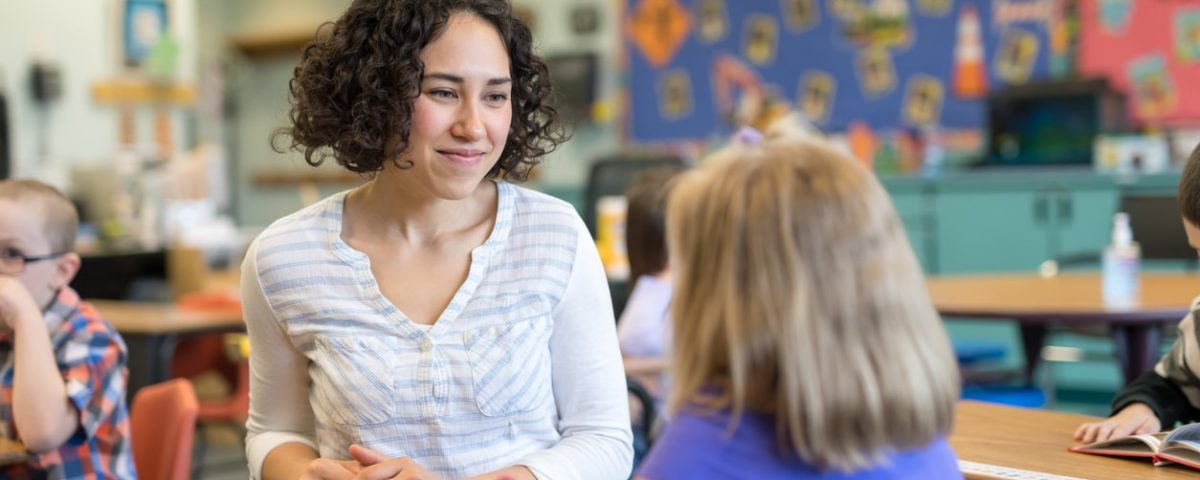New Study Encourages Special Education Programs to Look Toward the Long-Term

4 Reasons Why Teachers Should Have Their Own Professional Liability Insurance
October 14, 2019
Study into Earthquake Safety Reveals Possible Safety Issue at Charter Schools
October 28, 2019New Study Encourages Special Education Programs to Look Toward the Long-Term
More than six million students in the United States’ public schools system, or roughly 13 percent of all students, are in need of special education services of some kind. And as school districts are trying to find ways to address the teacher shortage among special education instructors, there’s a whole new lens on how to best meet the educational needs present.
As the special education student population steadily grows, the focus has now shifted to understanding the best way to instruct students so they see benefits in a long-term scope. While most of the research on special education has looked at short-term solutions for groups of special education students, little to no research has looked at special education in the long-term sense, factoring in the needs of students as they become adults.
In a new study in the Journal of Research on Educational Effectiveness, researchers point out that there should be increased importance on aiming to go beyond short-term evaluations of interventions, instead focusing on long-term follow-ups and how these interventions might be incentivized in educational research.
The paper argues that while ideally, it would be best to conduct a randomized controlled trial and follow up with groups of special education students over time, into adulthood, it’s not really possible due to specific outlines of the Individuals with Disabilities Educational Act (IDEA).
In another paper in the journal Frontiers in Education: Special Education Needs, researchers found that students who qualified for IDEA at some point in their lives fared better on long-term outcomes far into their adult lives in areas like social engagement, health, and economic self-sufficiency.
Together, these papers show a need for more emphasis on pushing long-term support for students in special education services as well as the teachers and programs behind them. The findings in both papers coincide with the issues and thoughts raised by governmental agencies like the Center for Disease Control and Prevention and the World Health Organization in regards to the challenges posed toward individuals with disabilities, be they mental, emotional or physical.
Longitudinal and large-scale research on special education students served with IDEA shows the potential to lead to more improved and tailored services which can reveal long-term connections to adulthood and even potentially cut down on disparities for people with disabilities. According to the CDC, people with disabilities are less likely to be employed at any job. In fact, 35.5 percent of people with disabilities, aged 18 to 64 years, were employed, compared to 76.5 percent–more than double–of people without disabilities.
More research is being done to answer the multiple challenges facing students with disabilities and special needs, as well as the teachers and programs supporting them. The need for long-term solutions is growing, showing how important it is for special needs students to achieve success in everyday living outside of school.
About PGUI
Professional Governmental Underwriters, Inc., is a full-service risk management company dedicated to assisting public, educational and non-profit entities in the management of their professional liability exposures including educators liability insurance. We are dedicated to providing state-of-the-art professional underwriting management and loss control advisory services on behalf of our designated carriers. For more information, call us toll-free at (800) 586-6502.


